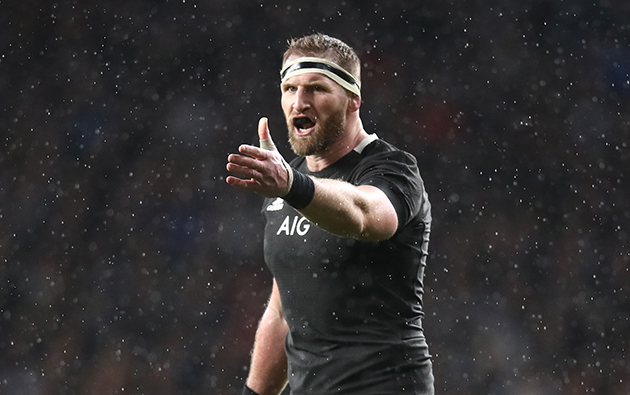Nigel Melville responds to results of recent survey of international players
RFU insists player welfare is top of agenda
“It is about putting the players at the centre of everything we do.” Those are the words of the RFU’s director of professional rugby Nigel Melville, who will become interim chief executive when Steve Brown steps down later this month.
Melville was responding to the results of the recent players’ survey, which highlighted issues such as players being pressured to choose club over country and to play and train when not fully fit.
Rugby World magazine teamed up with International Rugby Players on the survey – more than 350 Test players from 24 countries around the world took part – and you can read an in-depth report on the findings in the January 2019 issue, which is on sale now.
MORE ON PLAYER WELFARE…
Opinion: Players must have say in how rugby is run
Why the formation of the International Rugby Players'…
Free 2019 calendar with the latest issue of Rugby World
Plus, a World XV of the year and…
Looking at the fact nearly a quarter of players have felt pressured by their club not to play for their country, Melville says: “Players should make choices themselves. If they want to play international rugby, they should be able to do that. If they don’t, that’s fine.
“They shouldn’t be made by a contract or external forces because a player needs to maximise his career and do the best he can do.”
As for the issues surrounding player load, Melville pointed to the need to monitor game time rather than changing the season structure. He explained that it is a delicate balancing act, with additional games being played in order to pay rising player salaries.
“Rather than looking at the structure and the number of games, look at the number of minutes people play so we can protect the players individually,” says Melville.
“We have seen this autumn that some players seem to play all the time. If you take Beauden Barrett, he played a little bit less than Owen Farrell last year but no one complains about Beauden Barrett and he is travelling across time zones.

“It’s not unique to English rugby. It’s about managing all our players’ numbers of minutes, numbers of games, and I think that is going to drop.
“If people keep putting games in there for commercial reasons to be able to pay these players – that is why those games are there – you have to protect the players from those and say you have to have more players and play less minutes. You have to balance that equation.”
That is easier said than done, though. Player welfare v rising salaries is not a simple equation to balance, but this survey has seen the players themselves highlight the pressures they face. Now it’s time for tangible plans to be put in place to solve those problems.
As International Rugby Players CEO Omar Hassanein says: “Player welfare can’t just be talked about, it needs to be acted upon.”
Follow Rugby World on Facebook, Twitter and Instagram.







